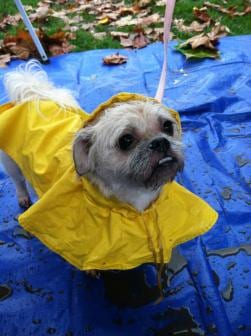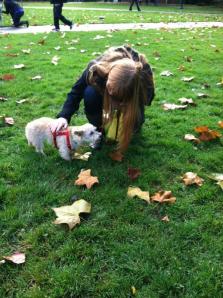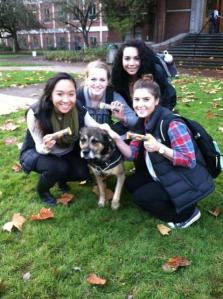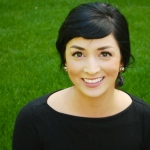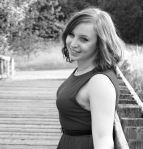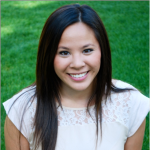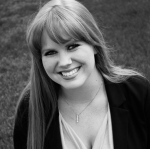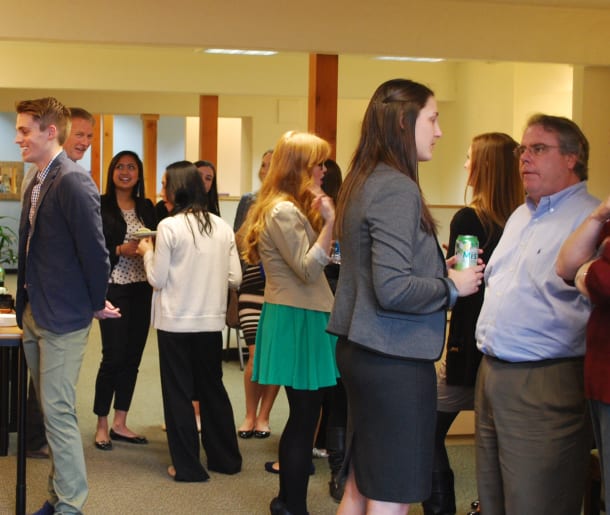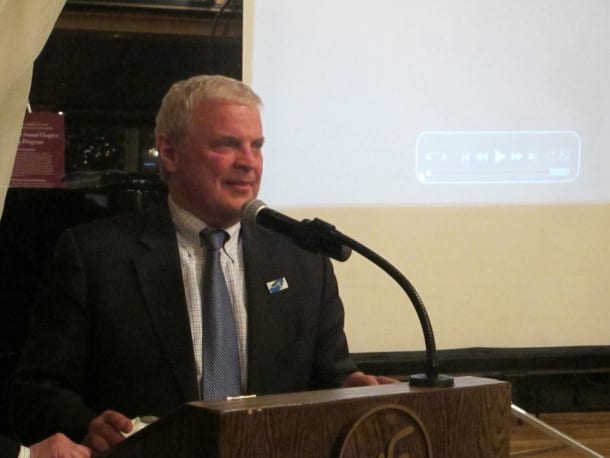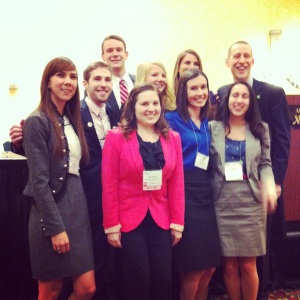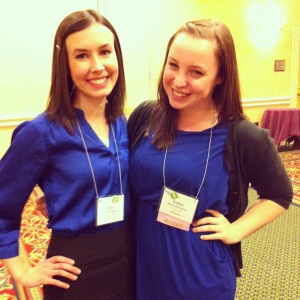Agency life can be exciting yet intimidating. As public relations students, we are often told that starting off in an agency is a great way to launch our careers in “the real world.” The big question that always seems to come up is “what does a PR agency even do?” To answer that question, our Chapter hosts agency tours every term in a different city. Agency tours give students a taste of what it’s like to work at an agency and see if its a right fit for them.
If you’re looking for insight on agency life, a UO PRSSA agency tour is the first step in the right direction. Agency tours are not only an opportunity to see the office space and surrounding city but also an opportunity to embrace the agencies’ culture. To understand the agencies’ culture, ask professionals who work there. Ask questions like:
- How did you end up this agency?
- What conflicts do you find most difficult to deal with in the industry?
- What advice do you have for students interested in starting a career at an agency?
- What do you love most about working for your agency?
It’s important to remember that professionals are taking time out of their day to meet and provide insight. Do not waste their time – research the company and its clients, and prepare to ask questions. Most importantly, absorb as much as you can!
If you have questions regarding upcoming agency tours, feel free to contact Abigaelle Mulligan at acm@uoregon.edu.
Abigaelle Mulligan is 2013-2014 chapter liaison. She is passionate for booming culture within the realms of music, entertainment, and fashion. She hopes to pursue a career in corporate PR upon graduation. You can reach Abigaelle at acm@uoregon.edu and follow her on twitter at @abbsmulligan.



